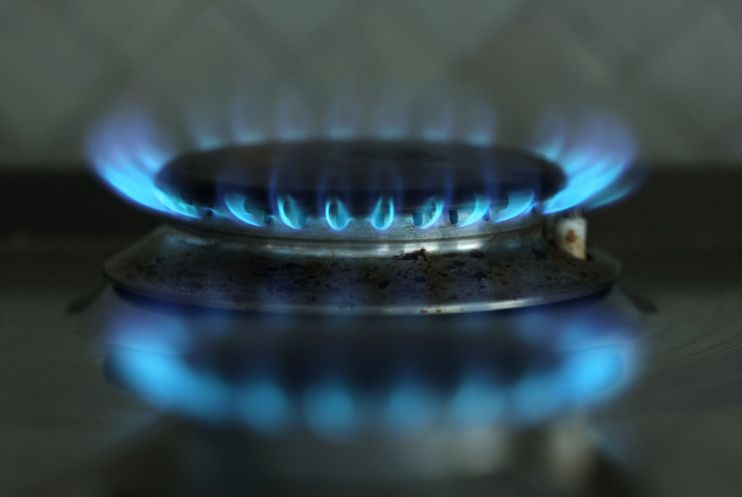Over 10m people at risk of exposure to record energy bills if Treasury cuts support

Over 10m people in fuel poverty could be excluded from support packages for their energy bills, if they are restricted to just people in the benefits and pension systems, according to new research from a cross-party think tank.
The Social Market Foundation calculated 4.5m households spending more than 10 per cent on their income on energy bills will miss out on help if Government support is limited to those two groups from April.
With an average of 2.4 people per household, that equates to 10.8 million people, which the SMF has described as the potential “missing middle” of any future energy bill policies.
It also warned five million people – a significant proportion of them pensioner households – would receive Government handouts even though their energy bills will be less than that 10 per cent threshold.
Meanwhile, not everyone who would receive help via the welfare or pensions system is in dire financial need.
Around 784,000 households – nearly two million people – who would get energy bill support with a social security-based package are in the richest tenth of the population.
The think tank recognised universal support was too expensive to be sustained, with Chancellor Jeremy Hunt slashing the Energy Price Guarantee from two years to six months last month.
But it argued that its calculations showed the limitations of using existing social security systems to deliver energy bill support, since not everyone facing unacceptable energy costs is in the social security system.
The SMF analysis was carried out for a joint SMF project with consumer body Citizens Advice and Public First, a policy consultancy.
Amy Norman, senior researcher at the SMF said: ”The social security system is a very blunt instrument for delivering energy bill support – it risks missing out millions of households in clear need of help while also handing out money to those who are in less need of financial support.
“Restricting energy bill support to only households getting welfare or pensions would mean millions of people in the missing middle are left facing painful financial trouble over energy bills, while others with higher incomes would get help from the taxpayer.
Cornwall Insight currently predicts the energy price cap will rise to £3,702 per year next April, when the support packages end.
With energy use currently subsidised and taming average household bills to £2,500 per year, this represents a sharp increase, putting more pressure on Downing Street to come up with meaningful support.
The SMF, Public First and Citizens Advice will release an interim report on the future of energy bill policy later this year.